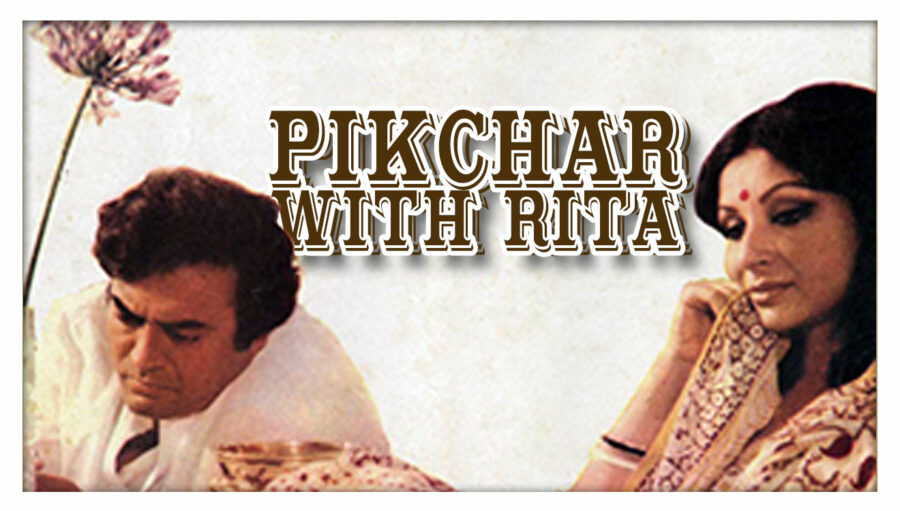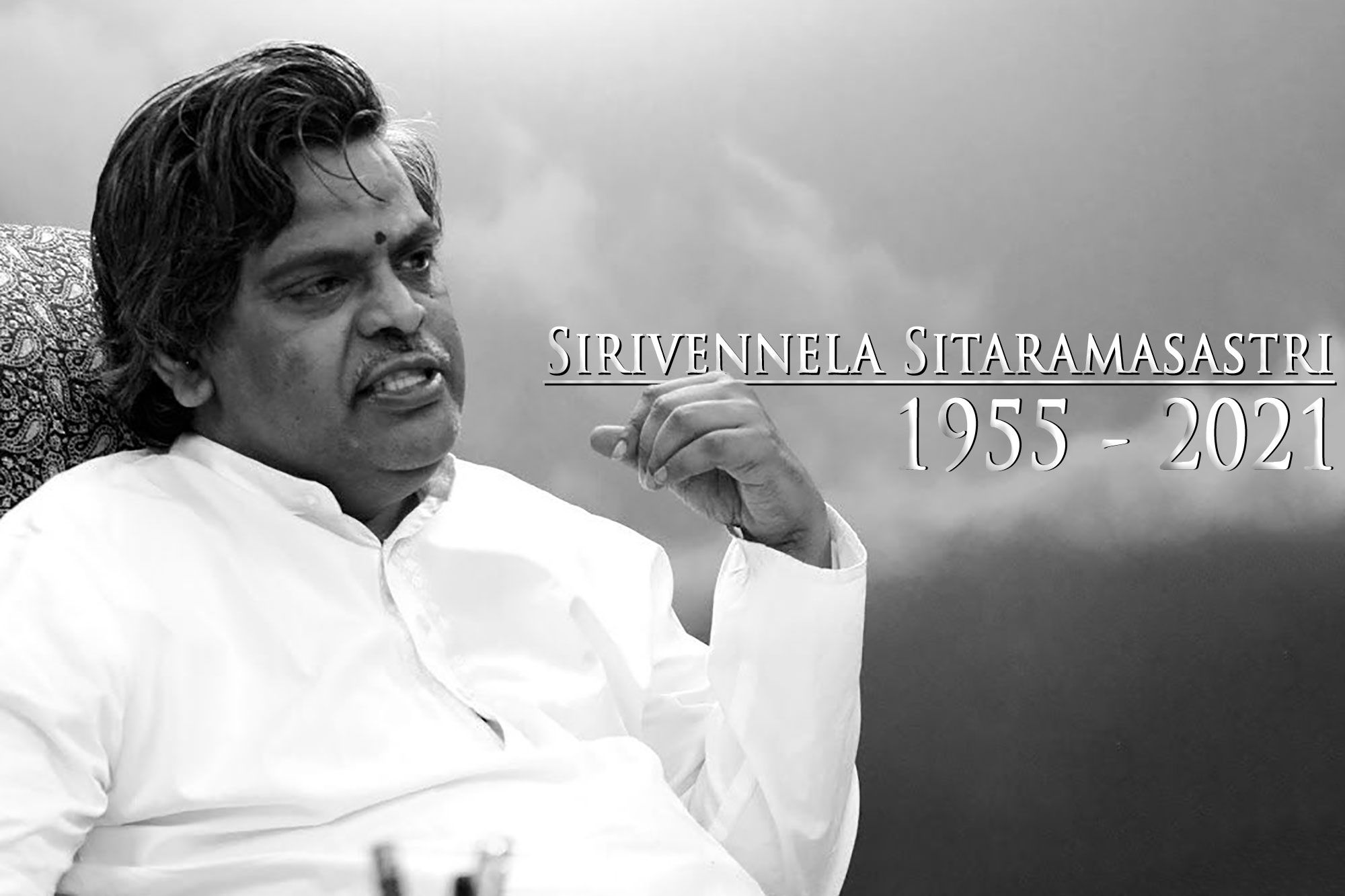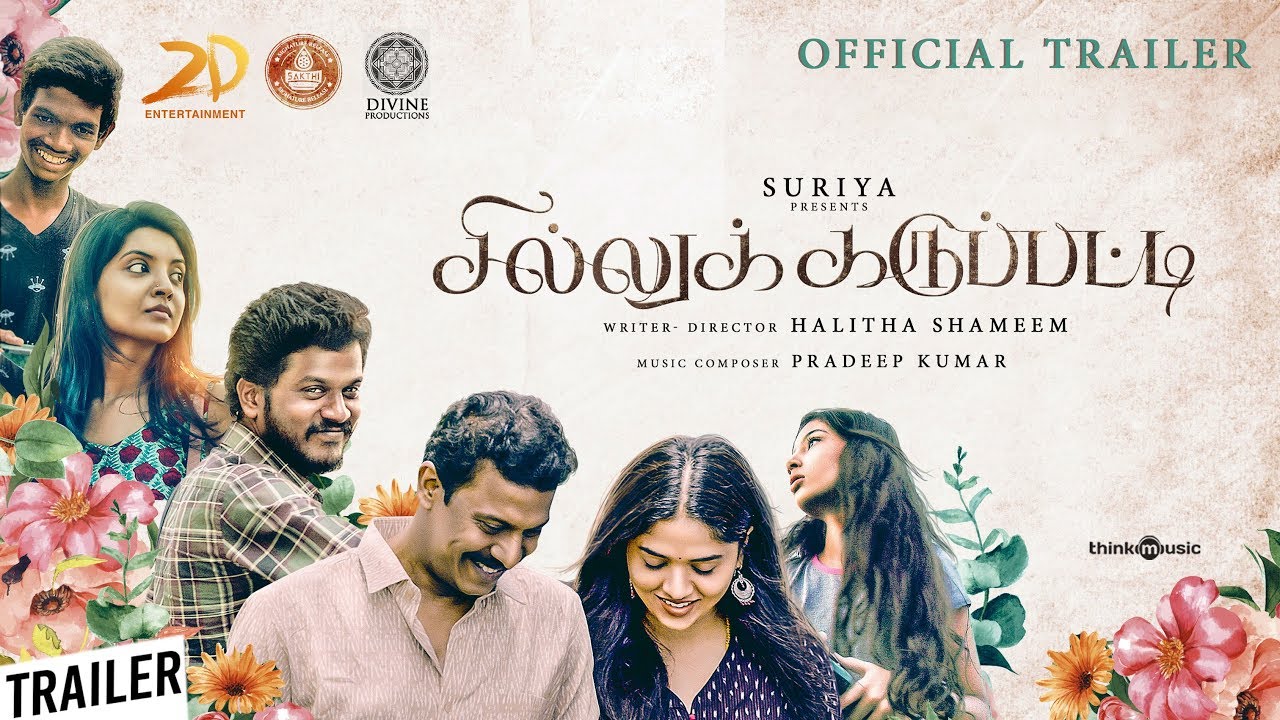“Yeh theek aap ke liye, chhota parivar sukhi parviaar.” (This is perfect for you, a small and happy family). What is the right size of a Nescafé coffee bottle for a family of three inveterate coffee drinkers? Not an existential question really. However, we know as the audience of Basu Bhattacharya’s film Griha Pravesh (1979) that this is probably the wrong size because the man of the family Amar (Sanjeev Kumar) may move out any day. Amar’s wife Mansi (Sharmila Tagore) does not have even an inkling of how her prosaic and habit-driven husband has actually opened himself to a stormy love affair, and now drinks tea, instead of coffee at work. It is little things that both show the crack and outlast even the long periods of grief.
Basu Bhattacharya is one of a kind to be interested in the way desire is fuelled and extinguished within the domestic; leaving ambers that can neither be dismissed nor considered substantial enough to light a new fire. In this journey of an unusual film, Bhattacharya is joined by Gulzar’s lyrics and script, and the songs are set to music by Kanu Roy. In fact Gulzar makes a cameo appearance in the film and suggests to a character (Dinesh Thakur) to compose songs after understanding the theme; a tradition he himself has almost perfected.
This column dwells upon both strands – small things and domesticity, and the songs; together they characterise the architecture of this film.
The film begins with the first morning of this newly-wed couple and the first question Amar asks Mansi is, “Coffee piyogi?” As they sip coffee, quietly enjoying their togetherness, another couple next door prefers to make music and love. The song Boliye surili boliyaan wafts into both homes and conjugal moments of these different couples setting the stage for different shades of marital relationships. While some go for honeymoon after marriage, others don’t.
In the way Amar sees the world, there is no ambiguity; there are only certitudes – of these, one is that honeymoon is a waste of money for a couple that has yet to know each other. That money is best saved for a time when love has lost its sheen and turned stale. Instead, it’s best to be “practical” and save money for a new home. The couple spends its life in futurity; in saving for a house, and making sure their present is lived with frugal and practical means. Requiring neither words nor gestures of desire, Amar and Mansi do not realise when the house they seek to buy is elusive, but the home they live has certainly long ceased to exist.
Recommended
It takes an “other” person to bring these truths home. Sapna is not only the name of a sensuous-looking young woman (Sarika) who joins Amar’s office; she is indeed a fantasy for everyone at work. Used to being the object of gaze, Sapna is taken aback by how invisible she is to the officer Amar. It is when they begin to drink tea together that we know Amar has broken a covenant not only with his wife, but also with his own superego. The song Aap agar aap na hote, to bhala kya hote (Had you not been you, what would you have been) plays along as Sapna and Amar drink tea; for this is a departure from not only a habit of the body, but a habitual self. Would Amar be able to leave Mansi, who is finally told she is not loved? The song accompanying this recognition, this moment, is as much about not knowing him, as herself (maine apne aap ko jaana naheen).
The film ends with an ambiguity rare to see; and the song zindagi phoolon see naheen phoolon ki tarah mahakti rahe deepens it. Life may not be flower like; but may it continue to be fragrant like flowers. Is this about an absence or presence, or perhaps remnants of both? A shadow of tea may linger over coffee; or the other way round.



